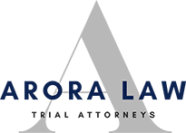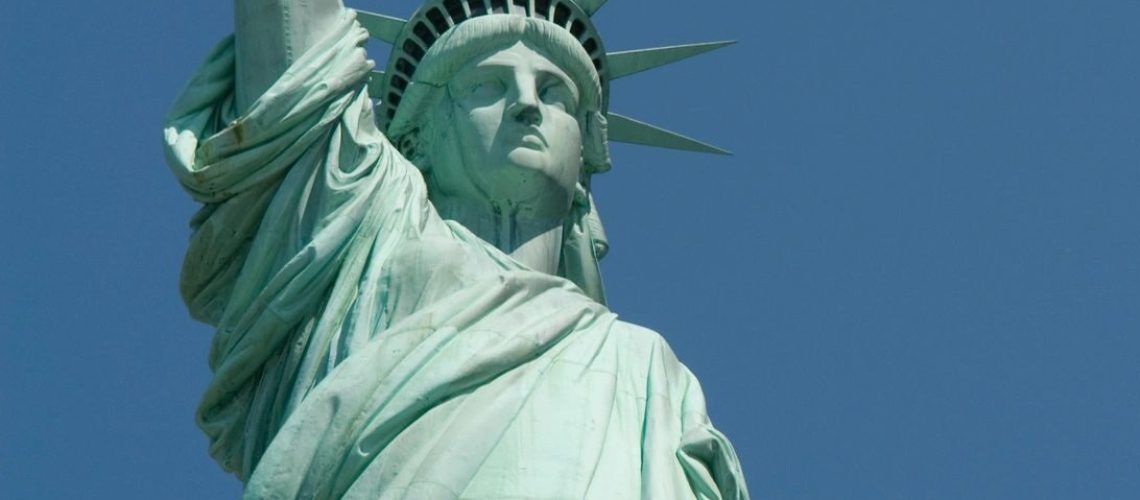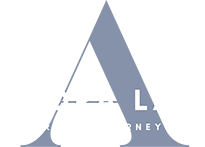A Closer Look at the Foreign Corrupt Practices Act
In the last five years, news agencies have heightened their coverage of cases involving the Foreign Corrupt Practices Act (FCPA). You may have seen the headlines, “After Bribery Scandal, High-Level Departures at Walmart”[1] and “Wal-Mart Says Bribe Probe Cost $439 Million in Two Years,”[2] being covered within the last few years. The fact is Wal-Mart is only one of many large companies with allegations about FCPA violations. While Wal-Mart has been alleged to have bribed Mexican officers with $24 million for market expansion, neither the Department of Justice (DOJ) nor the Securities Exchange Commission (SEC) has brought formal charges against the corporation.
The FCPA, enacted in 1977, is a law intended to prohibit payments, bribes, and gifts to foreign officials, political parties, or party officials in obtaining or retaining business with foreign countries. To ensure compliance with this law, companies must maintain records over their internal affairs, especially those relating to transactions with foreign officials and parties. Despite these seemingly easy mandates, compliance by United States companies has proven to be one of the most difficult tasks for the corporate world.
Although this law has been around for almost four decades, only a handful of instances were ever investigated or charged before 2001. Since 9/11, well over a hundred companies and individuals have been charged or accused with violating the FCPA. This phenomenon is making the FCPA pivotal in how U.S. businesses and individuals interact with the global economy.
The DOJ and SEC jointly oversee compliance of these standards, and in 2010, the SEC created a specialized unit to better enforce compliance with the FCPA. With the same intentions, many companies are spending extensive amounts of money on preventive measures and committees to internally investigate and oversee compliance. These preventative and remedial measures, along with cooperation with the DOJ and SEC, allow for big companies to settle charges and evade criminal and civil penalties.
Yet, some companies are still facing charges of violating the FCPA. Recently, companies, like Goodyear Tire and Rubber Company, Avon Products, Inc., and Hewlett-Packard, have been charged with various forms of bribery.[3] The tire mogul, Goodyear Tire and Rubber Company, settled their case in 2015 for $16 million for paying bribes to expand tire sales in Kenya and Angola.[4] Similarly, beauty products label, Avon Products, Inc., settled for $135 in 2014 for bribery of Chinese officials in both payments and gifts.[5] Also, the technology company, Hewlett-Packard, paid $108 million in 2014 for making improper payments to government officials in three countries to obtain lucrative public contracts.[6]
But, companies are not the only ones facing charges and investigations. In 2012, former Morgan Stanley executive Garth Peterson was charged with violating the FCPA, after he bribed Chinese officials into acquiring business and securing real estate investments for himself.[7] Eventually, he settled with the SEC for $250,000 in disgorgement, was permanently barred from the securities industry, and surrendered the $3.4 million dollars property interest in Shanghai.[8] Other executives at Noble Corporation faced similar fates, after they bribed custom officials in Nigeria to obtain illicit permits for oil rigs.[9]
In reality, most of these cases get settled out of court with large settlement amounts and disgorgement of illicit profits. Others, like Wal-Mart, have paid nearly half a billion dollars in compliance restructuring and investigations.[10]
Proper legal representation and consultation by U.S. companies would allow them to abide by the necessary mandates of the law by developing proper compliance procedures and education programs for their employees.










